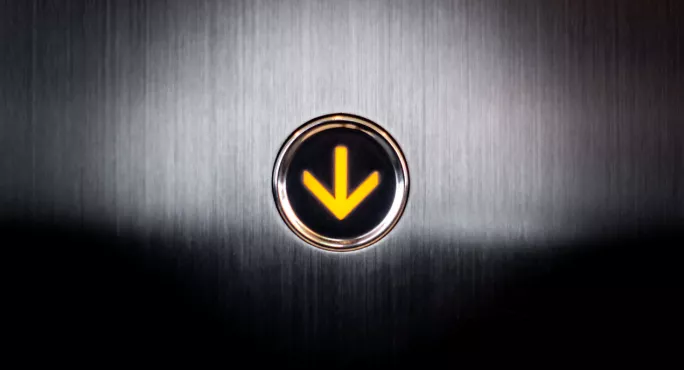- Home
- Revealed: Schools that had 50% of results downgraded
Revealed: Schools that had 50% of results downgraded

Some schools had over half of their teacher estimates downgraded by the Scottish Qualifications Authority’s much-maligned process for standardising results - which was ultimately thrown out by the Scottish government.
New Scottish Qualifications Authority data released through freedom of information shows that St Paul’s Roman Catholic High School in Glasgow had, on average, 52.4 per cent of teacher estimates at National 5, Higher and Advanced Higher adjusted down by SQA moderation.
And Ardrossan Academy in North Ayrshire had an average of 51.3 per cent of grades adjusted down.
Background: All downgraded results to be withdrawn
Exclusive: SQA was far more likely to downgrade state students
Independent review of 2020 results: 17 key findings
Over 20 other schools had 40 per cent or more of their teacher estimates adjusted down on average, including Castlemilk High in Glasgow (47 per cent), Alness Academy in Highland (46.5 per cent), and Liberton High in Edinburgh (46.1 per cent).
An analysis carried out by University of Glasgow researcher Barry Black has also found Scotland’s most disadvantaged schools were four times more likely to have their Higher grades adjusted from a pass to a fail by the SQA’s moderation process than private schools.
While an average of 5.1 per cent of teacher estimates at Higher were moderated from a pass to a fail in independent schools, an average of 20.3 per cent were moderated from a pass to a fail in state schools where over 40 per cent or more of pupils were claiming free school meals.
By linking schools’ free school meals data - as recorded by the Scottish government - and the SQA data on grade changes, Mr Black also found that schools serving the most deprived areas were more likely to have their results at National 5, Higher and Advanced Higher downgraded.
There were 39.9 per cent of results downgraded on average in the five schools where 40 per cent or more of pupils were claiming free school meals, as compared to 18.3 per cent in the 41 independent schools delivering SQA qualifications.
The figures follow a Tes Scotland exclusive earlier this month that revealed the SQA’s so-called Alternative Certification Model (ACM) was far more likely to downgrade state school pupils’ results than private school pupils’ results overall.
The figures obtained by Tes Scotland, also through FOI, showed 25 per cent of entries at National 5, Higher and Advanced Higher from state schools were downgraded, against 12.9 per cent from independent schools.
They also showed that, while upgrades were generally far less likely than downgrades, they were proportionally more common in the state sector (1.8 per cent of entries, or 8,576 in total) than in the independent sector (0.8 per cent of entries, or 291).
Mr Black said his figures demonstrated that - despite the government’s focus on closing the attainment gap - inequality was “baked into our Scottish education system”.
Mr Black said: “This model, before the U-turn, would have guided the next steps and life chances of thousands of young people in Scotland. The goal now must be to learn from this period and re-imagine how we go about removing the educational attainment gap in Scotland - and never again formalise it.”
The SQA recently told the independent review of this year’s exams debacle - carried out by Professor Mark Priestley - that it had “no regrets” about the moderation process it put in place.
This was despite the fact the review found the SQA and the government had both ignored warnings dating back to April about “the equity implications of an over-reliance on a statistical approach, premised on comparison with historical cohort data”.
Ultimately, the process put in place by the SQA resulted in roughly a quarter of teacher estimates being changed - most of which were downgraded - and pupils taking to the streets in protest.
A week after the results were published, the Scottish government was forced to withdraw all downgraded results.
Responding to Mr Black’s research, the SQA said the ACM was considered necessary to “maintain standards over time”. The body said that “almost three-quarters of estimates were unchanged”.
It also said that data was anonymised throughout the process and that Mr Black’s analysis failed to show that “attainment levels rose and the attainment gap narrowed even after moderation”.
Keep reading for just £1 per month
You've reached your limit of free articles this month. Subscribe for £1 per month for three months and get:
- Unlimited access to all Tes magazine content
- Exclusive subscriber-only stories
- Award-winning email newsletters



